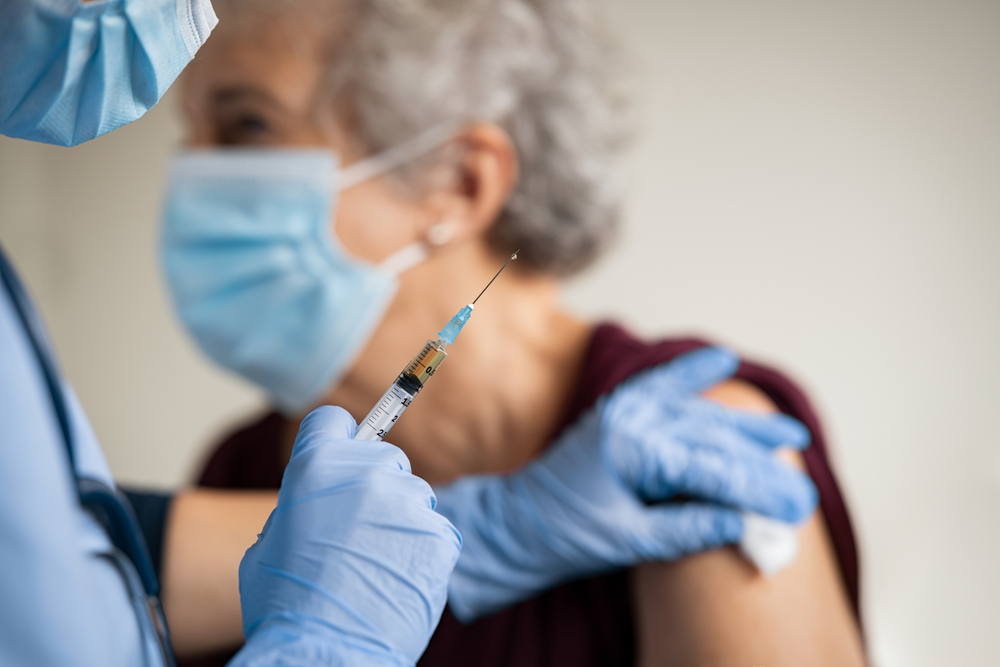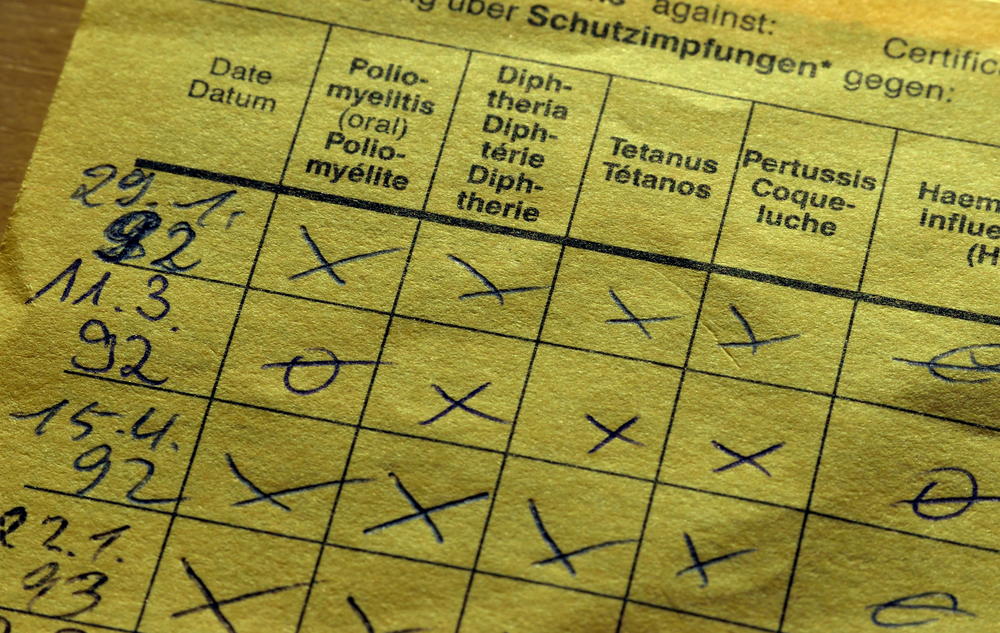Immunization records are essential records that track your vaccination history from when you were a baby to the present. It is essential for older adults, especially those 65 and older, to have an immunization record. Additionally, the record should be up to date.
This article discusses immunization records for seniors. We will discuss its importance, tracing vaccination records, and what to do if you don’t get any records. Additionally, we will discuss the best way to keep track of vaccinations in senior living communities.
Importance of vaccines
The Centers for Disease Control and Prevention (CDC) revealed that every year, thousands of people are hospitalized, develop long-term illnesses, and even die after contracting illnesses that could have been avoided had they been vaccinated. Older adults are especially at high risk.
Some of the vaccine-preventable diseases that prove fatal are; flu viruses (including seasonal flu), pneumococcal disease, HPV (which is a risk factor for cancer), tetanus, influenza viruses (including influenza flu), shingles, and pertussis, among others.
The CDC ensures that the vaccines people get are safe. Some studies suggested there is a link between the flu vaccine and Guillain barré syndrome (GBS), especially in older adults. Research has shown that the exact cause of GBS is still unknown, and there is no evidence that the flu vaccine causes GBS.
Are vaccination records vital?
Most people assume that vaccines are just meant for kids, but that is not the case. Although you will receive most vaccines when you are just a few months of age, you may require booster shots when you become an adult.
Vaccination records are critical for seniors because other than health care providers in senior living communities knowing which vaccines they require, they can also give them booster shots for vaccines administered when they were younger, some of which are relatively new.
Tracing vaccination records for seniors
Unfortunately, no organization maintains vaccination records, including the Centers for Disease Control and Prevention (CDC). The only records you may find are those parents or caregivers are given when the vaccines were administered and the medical records of the clinic where the vaccines were administered. Therefore, it is up to every individual to gather their vaccination records.
Tracing vaccination records for seniors can be a daunting task. Therefore, it would help to have a comprehensive plan on how to go about it.
To trace vaccination records for seniors, there are specific places you can check. Here are a few tips.
- Ask whether they have records of their childhood immunizations. Most times, the records are passed on from their parents or caregivers.
- Check documents they saved from their childhood; this includes any baby books.
- Check with their previous employers. Some employers have specific vaccination requirements, so you’ll be able to tell which vaccines the senior got.
- Check with schools that the seniors attended. Some high schools and colleges keep such records for several years.
- Check public health clinics where the seniors frequented.
- Consult their doctors.
- Check with state health departments. Some of them keep immunization records, but they may not be for people of all ages.
Once you get all the necessary vaccination records possible, take them to the senior’s doctor and request that they be compiled and uploaded on an official immunization record and other relevant registries.
After that, store all the documents you gathered in a safe place for future reference.
What if you can’t get any records?
If you tried all means but couldn’t get any records, consult your healthcare provider. There are specific blood tests that can reveal whether or not the senior received certain vaccinations.
However, there are instances when the senior will have to be vaccinated again, especially when there are no records and the blood tests do not prove that the senior is immune to specific vaccine-preventable illnesses.
Note that the vaccines are safe whether or not the senior received them earlier. In the long run, the vaccine will reduce the risk of them succumbing to various illnesses.
Keeping track of vaccinations
Today, most people move every few years and change healthcare providers in the process. Therefore, getting old vaccination records may prove difficult as well as time-consuming.
You must keep track of the vaccinations of seniors in senior living communities. The records should also be accurate and up-to-date.
Draw up an immunization record for each senior and store them safely together with other vital documents. Alternatively, you can ask a vaccine provider, pharmacist, or doctor for a vaccine record form and use it to fill in the necessary details for each senior.
It would be best if you had the vaccine record form present during any hospital visits. Ask the vaccine provider to sign the form any time you receive a vaccine. They will sign against the type of vaccine the senior received.
Note that the Centers for Disease Control and Prevention (CDC) recently started an initiative to store immunization records. Therefore, it would be best to ask the vaccine provider to update the seniors’ information on the CDC Immunization Information System (IIS). This way, the senior’s vaccination records will be readily available on the system.
Another advantage of the IIS is that it makes it easy for a vaccination provider to determine the appropriate vaccinations for the senior. It combines all vaccination records into a single record so that they can access them easily.
Covid -19 vaccinations for seniors
Most seniors live in senior living communities. More often than not, the seniors in these settings have underlying conditions since they belong to a specific age group. Therefore, they are at a higher risk of contracting the virus that causes COVID-19.
The CDC recommends that all seniors get COVID-19 vaccines. Seniors have two options: schedule a vaccination appointment and get the vaccine from a health facility or request an on-site vaccination. Note that they may experience a few side effects after getting the vaccine, but it will be beneficial in the long run.
Centers for Medicare and Medicaid Services (CMS) require senior living communities to upload COVID-19 vaccination data for their residents. Therefore, you must keep track of COVID-19 vaccination data for all seniors in your community.
Conclusion
Vaccine records are vital. It would be best to keep track of all seniors’ vaccinations in your senior living community. By doing so and keeping your information up to date, you can ensure the seniors get the vaccines they require and dodge potential complications from flu, COVID, & more.
Frank is a technology visionary and strategic hands-on executive with over 20+ year track record of helping companies revitalize, restructure, and implement complete Unified Communications systems in national and global markets.








